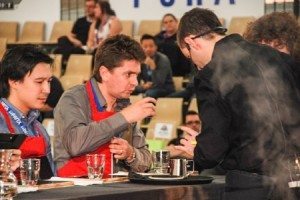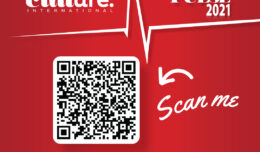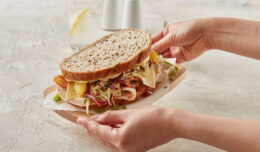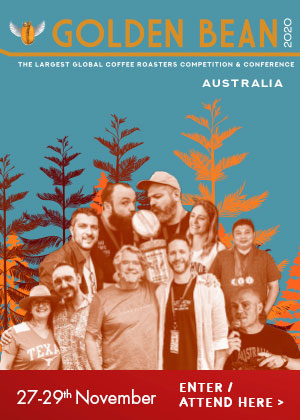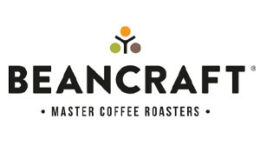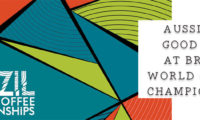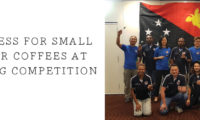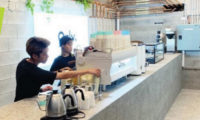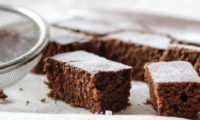With the AustralAsian Specialty Coffee Association national competition just completed, we took a look behind the scenes to see just how these competitions are adjudicated. Craig Dickson of Veneziano Coffee Roasters, one of the most experienced and knowledgeable coffee judges in the country, speaks judging in the international specialty coffee arena.
[nggallery id=37]
Of course, that winner is Craig Simon, production manager at Veneziano Coffee Roasters. Craig Simon roasted two coffees from the same farmer, Emilio Lopez of Finca el Manzano in El Salvador – one natural processed, the other washed. Craig spent many weeks perfecting the roast times, as well as getting the percentages of each coffee right in the blend, ending up with a coffee that the judges agreed was the standout winner of this year’s competition.
Craig described his competition coffee as a well-balanced and full-bodied espresso, with intense cherry flavours up-front and smooth milk chocolate notes at the back of the palate. His signature drink was made using the coffee cherries, and the judges felt this was both an innovative use of all the edible parts of the coffee plant and highly complementary to the flavours his coffee exhibited.
So what are the judges looking for?
“As a coffee judge, it’s always at the top of my mind whether the barista has what it takes to represent Australia and the Australian specialty coffee industry on the world stage, because once they are selected, they take on that ambassador role,” notes Craig Dickson. “In addition to that, the barista must really be able to demonstrate a genuine understanding of the coffee he or she is using.”
He goes on to explain how important it is that the barista really understands the characteristics of the coffee and how factors such as the varietal, origin, farming and processing methods impact on the flavour profile.
And it doesn’t end there. A barista serious about competing will also spend a lot of time cupping as many different roast profiles as possible, to understand what roasting brings to the flavour profile as well.
What coffee judges expect from competing baristas is a thorough understanding of the world rules and the competition score sheet; how well they adhere to these and demonstrate their understanding of them has a significant influence on the end score.
Craig explains, “It’s not strictly about ‘how awesome this coffee is’, although that does play a very important part. The barista should be aiming to maximise the number of points in every box on that score sheet; at the end of the day, it’s that checklist of items that matters the most.”
That is typically the difference between seasoned competitors and those new to the concept; it comes down to knowing the rules and knowing the impact of the final score sheet. In other words, how well the barista understands coffee and applies that knowledge in the competition environment.
Obviously competing is not only about the barista; it’s also about showcasing specialty coffee and the care that is afforded to growing, sourcing and harvesting it. Competition brings the roaster and barista together as a team, allowing them to expand their coffee knowledge in their search for the best coffee to use in the competition arena, to produce something that will behave exceptionally on the day. Combining that knowledge and understanding with the barista’s expertise in preparing and handling the coffee during the competition is what will help him or her to achieve those vital points.
All of these variables come into play when selecting a national champion, with competition conditions governed by WBC rules, and this year’s finalists were all worthy competitors.
Now that the Australian winner has been chosen, the next step is the World Barista Championship in Vienna, Austria. Both Craigs will be heading off in early June, Dickson to judge and Simon to compete. Rumour has it that this year’s competition will be the biggest yet, with a record number of entries from all over the world.
So, for any baristas out there who are new to competitions or considering getting involved, merely being coached by your roaster isn’t going to cut it. Get on out there and explore, learn, ask questions, make contact with the farmers. And learn those score sheets!
A great way to learn is via the internet; a quick search of WBC score sheets will bring up a whole slew of information that is free and amazingly detailed, including previous world finalists sharing their competition results and YouTube clips. The official WBC website is also a good source of information; go to: www.worldbaristachampionship.com.
And Craig Dickson’s final word of advice: “Get out there and watch as many experienced competitors in action as you can.”


